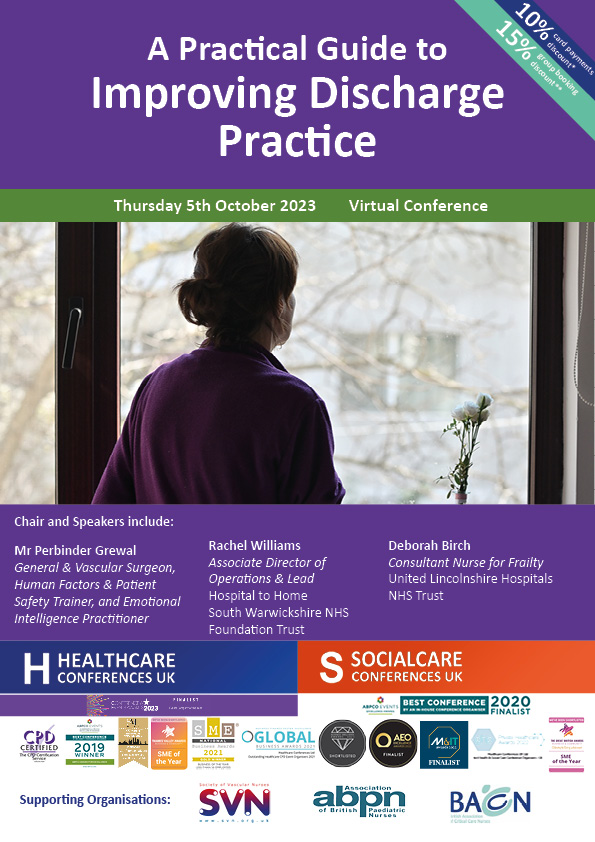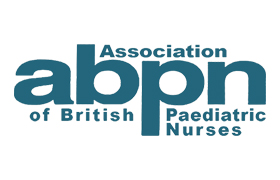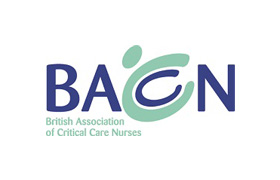Find out more about virtual attendance
Follow the conversation on Twitter #ReducingHospitalStays
Following the National Health and Social Care Discharge Taskforce ambition to improve hospital discharge, this conference focuses on practical approaches to improve discharge practice and improve the outcomes for patients who no longer meet the ‘criteria to reside’ so they can be discharged from hospital, cared for in more appropriate settings, and to release much-needed capacity within acute providers.
The delivery plan for recovering urgent and emergency care services released by NHS England in January 2023 aims to "Speed up discharge from hospitals, to help reduce the numbers of beds occupied by patients ready to be discharged", with further plans announced in July 2023 to speed up discharge and improve care.
There has been substantial pressure on hospital beds this winter, with people experiencing lengthy waits to be admitted and ambulances facing difficulties handing patients to emergency departments. Contributing to this is the large number of people remaining in hospital despite being clinically ready to leave – referred to as a ‘delayed. In December 2022, an average of 13,440 patients a day remained in hospital despite no longer meeting the criteria to stay. This is 30% more than the daily average for December 2021. As well as increasing pressures on hospital capacity, delayed discharges can lead to poorer outcomes for people and contribute to a loss of independence.
"The rapid expansion of ‘care traffic control’ centres, means patients can be more easily discharged with the right support when medically fit to leave hospital with the latest information available to staff in one spot – this is both better for patients and for the NHS."
This conference provides the opportunity to reflect on national developments and learning from the National Health and Social Care Discharge Taskforce, with an extended session focusing on Quality Improvement and Discharge Practice- Learning from the 100-day Challenge launched by the National Health and Social Care Discharge Taskforce. You will have the opportunity to explore the 10 best practice initiatives that have been identified that demonstrably improve flow and should be implemented in every trust and system to improve discharge. Read more about the 100-day discharge challenge and the 10 best practice initiatives here.
This conference will enable you to:
- Network with colleagues who are working to improve discharge practice
- Reflect on national developments and learning from the National Health and Social Care Discharge Taskforce and 100-day challenge
- Learn from outstanding examples of changing culture and improve discharge practice
- Explore the 10 best practice initiatives that have been identified that demonstrably improve flow and should be implemented in every trust and system to improve discharge
- Ensure a whole team approach and understand how team members can be empowered to discharge
- Understand the root cause of long stays in your service, and move from a criteria to discharge to a criteria to reside approach
- Improve the identification and discharge assessment of patients needing complex discharge support early
- Change the culture to treat delayed discharge as a potential harm event
- Understanding the legal framework for managing complex and delayed discharges (depending on capacity status of patient)
- Explore established case study practice focusing on discharge and frail older people
- Learn from trusts that have improved discharge practice
- Understand the role of an integrated discharge hub
- Self assess and reflect on your own practice
- Supports CPD professional development and acts as revalidation evidence. This course provides 5 Hrs training for CPD subject to peer group approval for revalidation purposes






